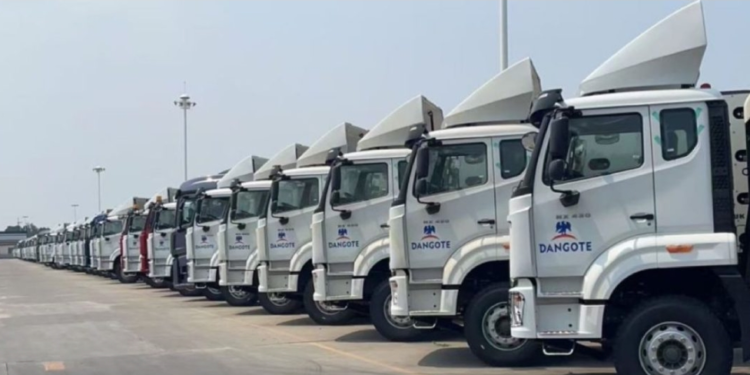The government is sitting in yet another late-night meeting with oil workers. A strike is always announced, Abuja calls a “crucial meeting,” the cameras flash, and we are left wondering if anything will truly change. This time, the face-off is between the Federal Government and NUPENG, and the stakes are even higher because the economy is already on life support.
A Meeting That Started With Delay
The talks were billed for 10 in the morning but only kicked off at 5:30 in the evening. Typical. In Nigeria, even crisis meetings move on “African time.” By the time the officials gathered at the Labour Ministry’s conference room, fuel queues were already forming in some cities, with commuters whispering that another shutdown was coming. The very idea that such a serious matter began with a seven-hour delay says a lot about how unserious the system can be.

Why NUPENG Is Angry
The union is not just shouting for the sake of it. They accuse Dangote and his allies of running a dangerous anti-union agenda. Drivers of imported CNG trucks are allegedly barred from joining unions. Wages at the refinery are said to be among the lowest in the sector. According to NUPENG, this is not only unfair but also illegal, breaching Section 40 of the Constitution, the Labour Act, and even ILO conventions that Nigeria signed onto. In short, they are saying the government has allowed a monopoly to trample workers’ rights in broad daylight.
The Bigger Fear
If the strike goes ahead, Nigeria will bleed. Petrol scarcity spreads faster than wildfire here, crippling transport, shooting food prices through the roof, and forcing citizens into endless queues. The government knows this, which is why it is scrambling. But can this FG–NUPENG meeting really stop a nationwide strike, or are we just delaying the inevitable collapse?
Why This Moment Matters
Dangote is not an ordinary businessman, his reach is massive. If NUPENG pushes back and wins, it would be a rare case of labour holding its ground against monopoly capitalism in Nigeria. If they lose, it sets a precedent that workers can be crushed quietly while government looks away. Either way, this battle will shape how future industrial disputes are handled.

















